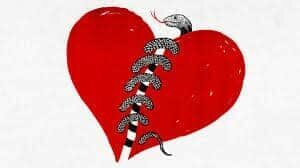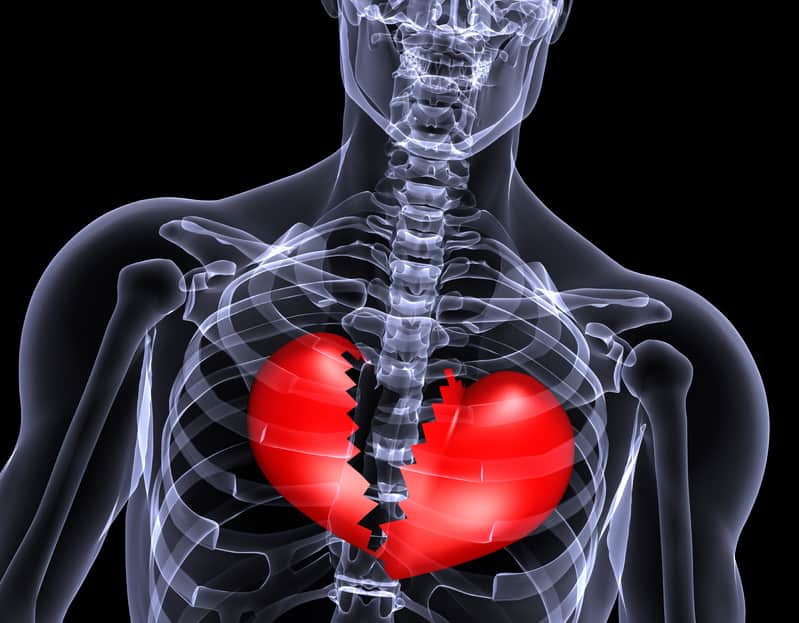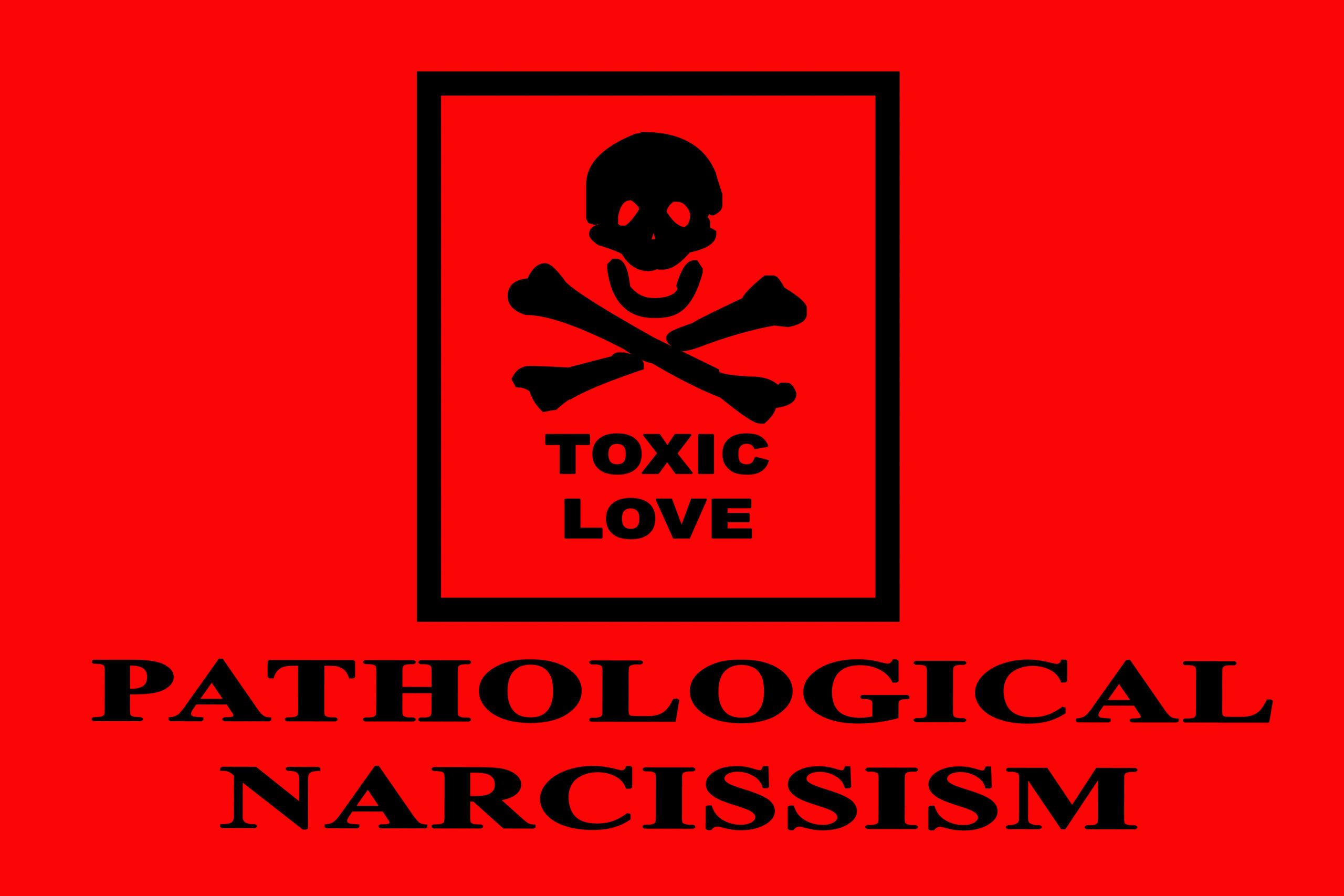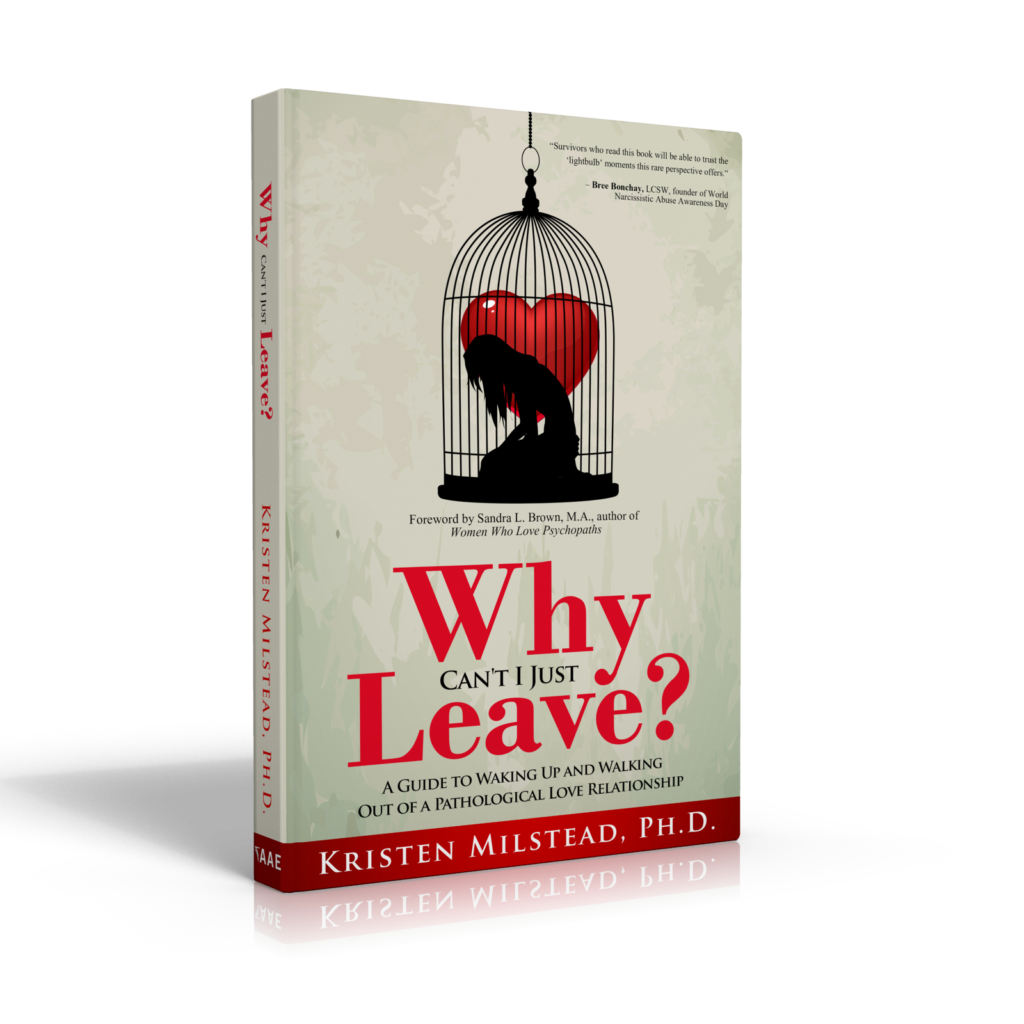Can a narcissist love us?
It’s easy to become obsessed with that question.
Out of all the questions we have, isn’t that one of the critical questions about narcissists that we want to try to answer? [Read Do Narcissists Know They’re Narcissists? And Other Questions]
There’s a kernel inside that question of whether narcissists can love that feels connected to almost every other question we have about the relationship.
If we could crack this question about narcissists and love, it seems as if everything else we don’t understand might fall into place. [Read Closure 7 Reasons Why Narcissists Won’t Give You Closure
How is it that we can feel so soul-shatteringly seen when they grab us and stare into us that we feel as if we might burn to ashes in their fire? Yet then they deny and reject every genuine attempt at communication and vulnerability?
What is the purpose of going through such elaborate motions of trying to prove they are in love with us? Yet they carry on double lives in secret that jeopardize that bond and negate all that energy spent?
Why do they act as though we are the one true love of their lives and then replicate our relationship with everyone they meet?
Why do they return to us repeatedly, claiming that they love us, and then tear us down as if they are trying to destroy us beyond repair?
These questions may highlight some of the most visible aspect of Narcissistic Personality Disorder.
What is a Narcissist?
Narcissism is characterized by what is known as “entitled self-importance.” They believe that their needs and concerns take precedence over those of the people around them.
While some narcissistic individuals may be indifferent to others’ needs, those with Narcissistic Personality Disorder may actively exploit, manipulate, and abuse others to get their own needs met (Pipich and Saleh, 2020).
This is known as narcissistic abuse.
In a relationship with a narcissist, it can sometimes feel as if we are experiencing the purest form of love that could ever exist. Other times, well, they rained hell upon us, traumatized us, left us for dead. We know that no one who loves us could ever have been able to inflict that kind of pain.
Even when we understand the characteristics of narcissism, the extremes they express in their love toward us don’t make sense.
Understanding their thoughts, feelings, and motivations seems crucial. Ordinary people do not shut their love off and on like a light switch.
Or was it love? If it wasn’t, why did it feel so much like love?

What is Love?
Is love something you feel, or is it something you do?
Ideally, there should be some evidence of both. We do certain extraordinary things for people for whom we feel certain particular emotions.
Yet focusing on the feelings versus the actions will provide a different emphasis. It helps explain why we have trouble understanding whether or not narcissists can love.
How love “feels” emphasizes the two people as individuals, separate and distinct from one another. It happens internally for each person.
What each person does because of their love emphasizes the connection between the two people. It is an expression of the emotions, and we can witness the evidence externally.
When Narcissists Fall in Love
Rhonda Freeman (2017), a neuroscientist who studies narcissists and psychopaths, would say yes, they can fall in love. She has a theory about what happens to narcissists when they fall in love.
The brains of narcissists are hypersensitive to rewards and are always seeking stimulation.
“This suggests to me that their reward system is extremely activated by their new target,” says Freeman. “During this time, many abuse victims describe lavish gifts, attention, and compliments unlike ever received from past partners. This has become such a common phenomenon that survivors of these relationships have termed this occurrence, love bombing. The neurochemistry of love (e.g., norepinephrine, oxytocin, dopamine, vasopressin, and endogenous opioids) flows in abundance, making it an exciting time and a perfect setting for a deep connection.”
Ross Rosenberg, the author of The Human Magnet Syndrome, agrees that narcissists can experience love. “If you don’t believe me, ask one! In the rapturous and euphoric beginning stages of the relationship, the narcissist experiences complete and unconditional love, which is what they have been seeking their whole life.”
Can a Narcissist Love?
Expressions of love between two people include commitment and sacrifice, mutual support, honesty and trust, compassionate communication, and other unique benefits. These benefits are all negotiated in the ways that meet both partners’ needs uniquely within each relationship.
They also indicate that the two partners have established a bond. In a narcissistic relationship, however, this is not exactly what happens.
Freeman explains that eventually, the idealization stage ends, and the dopamine, oxytocin, and other neurotransmitters in the brain released during this early stage return to baseline.
The narcissist’s partner becomes invested in the relationship during the idealization stage, so he or she has formed an attachment when it ends.
Yet the narcissist never attaches to it. As he or she returns to baseline, they may begin to resent the partner and see them as responsible for their boredom.
Why Narcissists Start Hating Us
They may think they love you, and you may think they love you too, but does it ever feel as if there are some things you can’t do?
When the idealization stage is over, you may no longer know how they’re going to treat you. Accusations come out of nowhere, and just living your life independently of them sets them off.
You can’t say no to them, or see your friends. You can’t disagree with them or prefer something different than what they prefer.
In these situations, they feel attacked, so they put you in a box in their minds they have labeled “enemy.”
This is because narcissists lack something called “object constancy” and cannot hold both positive feelings toward you and a negative attitude toward something you did simultaneously. [See The Ultimate Narcissistic Abuse Dictionary to review unfamiliar terms]
This process is called “splitting.” They can only see people as all good or all bad.
When you have wounded their self-esteem or disappointed them, they will forget they loved you or you have ever done anything good for them.
They are also low on emotional empathy, so nothing is holding them back from being vicious and cruel toward you when they feel this way.
When their anger dissipates, and they can see you in a positive light again, it can be to them as if none of it ever happened.
The problem is that even the tiniest things we do can feel to them as if we are wounding them–including when we live our lives independently from them!
What Love Means to a Narcissist
In a universe where these things make up the definition of love, these two statements cannot exist together:
- Your partner loves you.
- Your partner is capable of intentionally and knowingly causing you pain.
Once we understand how a narcissist views the world and their capacity for love, we can know that these two things are compatible in the narcissist’s universe. The two statements can be true simultaneously by considering how a narcissist experiences relationships:
- A narcissist partner can feel love for you.
- A narcissistic partner is capable of intentionally and knowingly causing you pain.
As Elinor Greenberg, a psychologist who treats narcissists, says, “If you thought that your very romantic Narcissistic ex really loved you and wanted to marry you, you are not crazy. Even though he is now gone, your guy actually meant what he said when he said it to you. He was in love with you, or at least with his own romantic fantasy of the two of you as the perfect couple.”
Yet when we heard them say they loved us, we took for granted that they were expressing the underlying desire to share the unique characteristics that come with the implied bond.
Can a Narcissist Change for Love?
Narcissists do have the desire to received those benefits from you. They want your fidelity, trust, honesty, support, and commitment–they just don’t have the capacity to give them.
They want your obedience in exchange for their superficial expressions of love.
When we stop trying to put their idea of love into our framework, we can stop waiting for them to answer questions they are never going to be able to answer.
They will never be able to answer them in terms that we will understand. Any answer they give will never fit into a normal person’s view of relationships.
A narcissist’s understanding of love is very superficial. They come into the relationship with it, and it isn’t personal.
There’s nothing the partner can do to change it. Once we can accept this, we can start to gain the perspective we need to heal.
Join the community to get more articles like this one delivered straight to your inbox.
If you like this article, you’ll also enjoy these:
- Love Bombing: Signs You’re in Danger
- Idealized and Devalued: Why Narcissists Flip
- How to Know When a Narcissist is Finished with You
- What a Narcissist Says About Breakups: They Never Let You Go
- Narcissist Gaslighting Examples in Romantic Relationships
Sources
Freeman, R. (2018, September 19). “Neuroscience Behind Idealize, Devalue, and Discard.” Retrieved February 4, 2019, from https://neuroinstincts.com/neuroscience-behind-idealize-devalue-and-discard-rhonda-freeman/
Greenberg, Elinor. (May 4, 2017). “Narcissistic Love Patterns: The Romantic.” Psychology Today. Retrieved March 19, 2018: https://www.psychologytoday.com/us/blog/understanding-narcissism/201705/narcissistic-love-patterns-the-romantic
Pipich, Michael & Saleh, Naveed. (2020). Narcissistic Personality Disorder: Signs, Symptoms, & Treatments.” Choosing Therapy. Retrieved at choosingtherapy.com/narcissistic-personality-disorder/
Rosenberg, Ross. (September 3, 2015). “Narcissists Can Love– But You Should Still Run!” The Good Men Project. Retrieved March 19, 2018: https://goodmenproject.com/featured-content/narcissists-can-love-but-you-should-still-run-fiff/
Rosenberg, Ross. (2013). The Human Magnet Syndrome: Why We Love People Who Hurt Us. Eau Claire, WI: PESI Publishing and Media.









One Comment
Kalan
This article is spot on. It’s impressive to realise the root of their behaviour and the eternal incompatibility is so simple. Thank you.